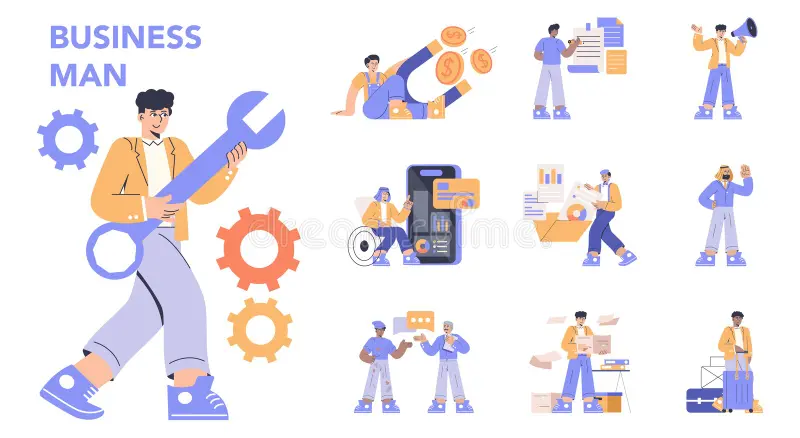The Future of Work Embracing Flexibility in the Workplace
In recent years, the concept of work has undergone a seismic shift. The pandemic accelerated trends that were already emerging, leading to an unprecedented transformation in how we think about work, our workplaces, and the balance between our professional and personal lives. As we look ahead, it’s clear that flexibility will be a cornerstone of the future of work.
The Rise of Remote Work
Before 2020, remote work was often seen as a perk rather than a standard practice. However, the sudden necessity of working from home during the pandemic proved that many jobs can be done effectively outside of traditional office environments. Organizations had to pivot quickly, adopting digital tools to maintain productivity and communication. Now, as companies reassess their strategies, remote work has become an integral part of their operations.
This shift has demonstrated that employees can maintain—or even increase—their productivity when given the flexibility to work from anywhere. A recent survey found that 77% of remote workers reported higher productivity levels at home compared to the office. With the right tools and a supportive culture, remote work can lead to improved outcomes for both employees and employers.
Hybrid Models: The Best of Both Worlds
As organizations begin to embrace a more flexible approach, hybrid models are emerging as a popular solution. This model allows employees to split their time between remote work and in-office days. The benefits are manifold: employees enjoy the flexibility of working from home while also having opportunities for collaboration and social interaction in the office.
Hybrid models cater to diverse employee needs, recognizing that everyone has different preferences regarding their work environment. This adaptability can lead to increased job satisfaction, reduced turnover, and a more engaged workforce. Companies that offer hybrid options often find themselves more competitive in attracting top talent, especially among younger generations who prioritize flexibility and work-life balance.
The Importance of Communication and Trust
With the shift towards flexible work arrangements, communication and trust become more critical than ever. In a remote or hybrid environment, leaders must actively foster a culture of transparency and open dialogue. Regular check-ins, feedback sessions, and team-building activities can help maintain connections among team members, ensuring that everyone feels valued and included.
Trust is also essential in a flexible work environment. Managers need to shift from micromanaging to empowering their teams. By focusing on outcomes rather than hours worked, leaders can cultivate a sense of ownership and accountability among employees. This not only boosts morale but also encourages innovation, as employees feel more free to experiment and contribute their ideas.
The Role of Technology
Technology plays a crucial role in facilitating flexibility in the workplace. With the rise of collaboration tools, project management software, and communication platforms, teams can work together seamlessly, regardless of their physical location. These tools have become the backbone of remote work, enabling real-time collaboration and ensuring that everyone stays connected.
However, as technology evolves, it’s vital for organizations to invest in the right tools that suit their specific needs. A one-size-fits-all approach may not yield the best results. Companies should consider employee feedback when selecting tools, ensuring that they enhance productivity rather than create unnecessary complexity.
Work-Life Balance: A New Priority
As we embrace flexibility, the concept of work-life balance is taking on new meaning. Employees are increasingly prioritizing their well-being, seeking jobs that allow them to integrate their personal and professional lives. Organizations that support work-life balance through flexible hours, mental health resources, and wellness programs are likely to see enhanced employee engagement and loyalty.
This shift in priorities also presents an opportunity for leaders to rethink their organizational culture. Companies that genuinely value employee well-being are more likely to attract and retain talent. By fostering a supportive environment where employees can thrive both personally and professionally, organizations set themselves up for long-term success.
Conclusion: Preparing for a Flexible Future
The future of work is undoubtedly flexible, and organizations must adapt to this new reality. By embracing remote and hybrid models, fostering open communication, leveraging technology, and prioritizing employee well-being, companies can create an environment that attracts and retains top talent.
As we move forward, leaders should recognize that flexibility is not just a temporary trend but a fundamental shift in how we work. Those who embrace this change will not only navigate the complexities of the modern workplace but also set the stage for a more engaged, productive, and satisfied workforce. The future is flexible, and it’s time for organizations to take the leap.




Post Comment